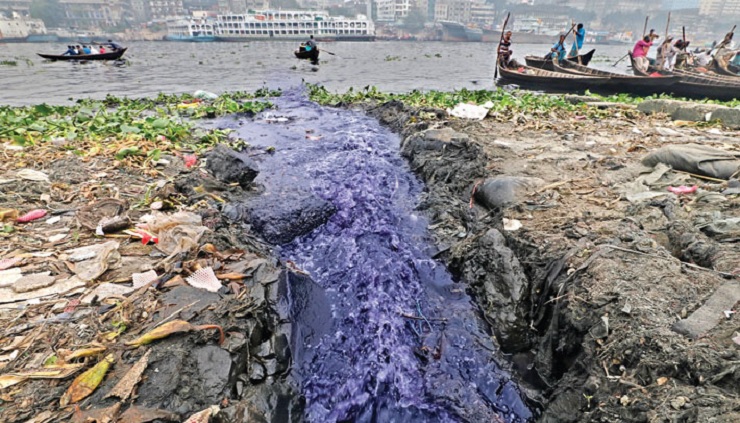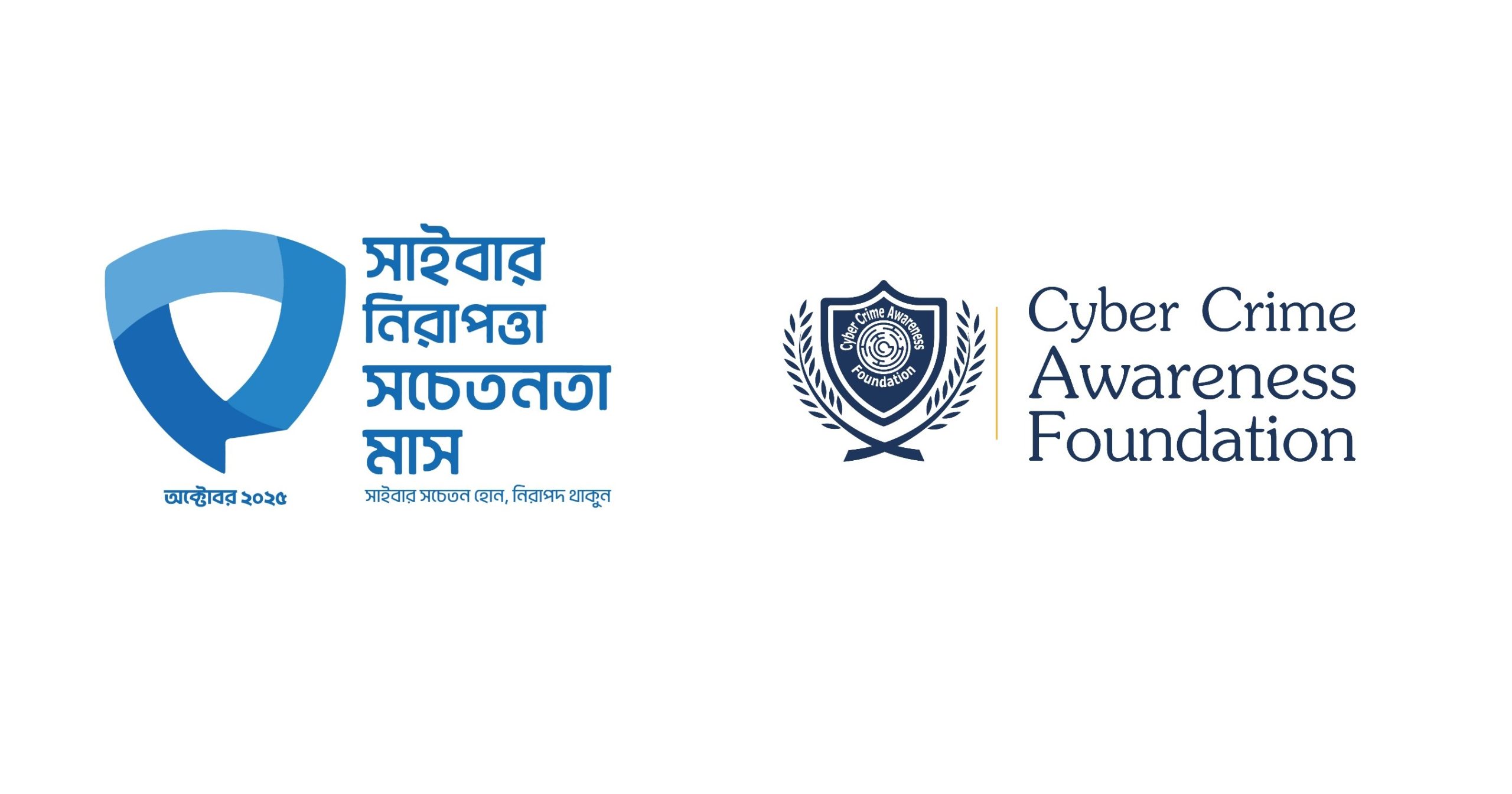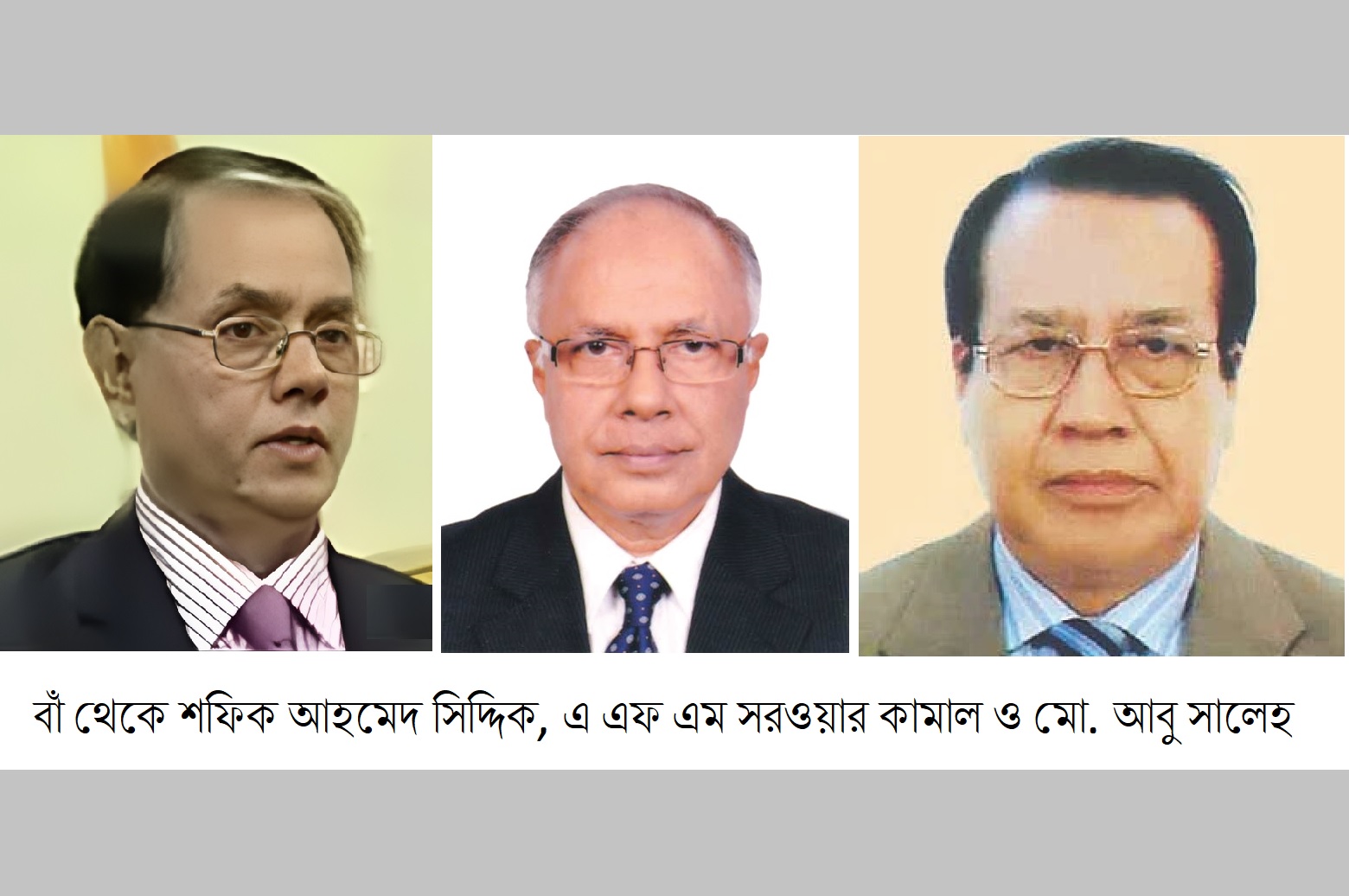Kazi Mustafiz, Dhaka:
Buriganga River pollution has turned so severe that even fish find it difficult to survive in its poisonous water.
Experts attributed industrial waste, pesticides and metal pollution to such serious pollution.
This contaminated water is now spreading rapidly to the other six rivers – Padma, Meghna, Arial Khan, Gumti, Dhaleshwari and Shitalakshya.
Syeda Rizwana Hasan, Executive Director of the Bangladesh Environmental Lawyers Association, told the cyberbarta.com: “The government’s lack of commitment to address the issues is mainly responsible for the unabated pollution of the capital’s environment.”
The government is not enforcing the present law to prevent river pollution, she said.
“The shortcoming of the governmental is evident from the fact that a number of the tannery factories are still clandestinely operating at Hazaribagh but the government has taken no action,” she added.
Besides, she said, Dhaka Water Supply and Sewerage Authority (Wasa), the two city corporations and other government agencies continue to pollute the rivers around the capital amid indifference of the authorities.
Sources said, the City of Dhaka discharge about 4,500 tonnes of solid waste every day and most of it is released into the Buriganga.
About more than 6,000 large, medium and small industries are operating in Dhaka. Among these industries, most of the industries discharge effluents directly to this river or nearby canal or waterbed without any regard to environment.
Experts identified nine industrial areas in and around the capital city as the primary sources of river pollution. They are Tongi, Tejgaon, Hazaribagh, Tarabo, Narayanganj, Savar, Gazipur, Dhaka Export Processing Zone and Ghorashal.
Most of the industrial units of these areas have no effluent treatment plants (ETPs) of their own.
More than 60,000 cubic meters (2,100,000 cu ft) of toxic waste, including textile dying, printing, washing and pharmaceuticals are released into the main water bodies of Dhaka every day.
According to the sources, a total 230 small and large rivers across the country and its 1.50cr people depend on them for a living and transportation.
But many of them are drying up or are choked due to pollution and encroachment. The Buriganga River is one of them which flow past the southwest outskirts of Dhaka city, a capital of Bangladesh with 1.5 crore people, which largely depends on the Buriganga River’s water for drinking, fishing, carrying merchandise and transportation.
Abus Sobhan, General Secretary of the Poribesh Bachao Andolon, told the cyberbarta.com: “Sewerage of Dhaka city, household waste, tannery waste, industrial waste and water vessel’s waste are the main reasons behind the pollution of the Buriganga water.
The government has taken initiatives to stop tannery pollution. But the waste of other four sectors is still going on in Buriganga River.
He said: “The tanneries are tipping 22,000 cubic meter of unrefined tannery wastes daily into the river and at the same time produce around 100 tonnes of solid wastes.”
He recommended setting up sewerage treatment plants at different outlets, refraining from throwing households waste into the river, shifting the tannery industries immediately fully and setting up effluent treatment plants to save the lifeline of the city.
The POBA leader said they would carry out tests throughout the year. Besides, he said, they would look into the grabbing of the Buriganga and check whether the pillar set up as river demarcation was correct.
The sources said the untreated wastes, domestic and industrial, clinical, pathological are being released into the Buriganga River and this tendency is increasing day by day.
The reality is that, the river, now, has become a dumping ground of different kinds of solid, liquid and chemical waste. These activities have caused narrowing of the Buriganga and disruption of its normal flow of water.
The expert says the pollutants have eaten up all oxygen in the Buriganga.
The government has implemented Tk1,07,871cr project to transfer tanneries from Hazaribagh to Savar.
The Industries Ministry allocated plots to 155 tannery owners through the Bangladesh Small and Cottage Industries Corporation (BSCIC) in the park established on 200 acres of land.







